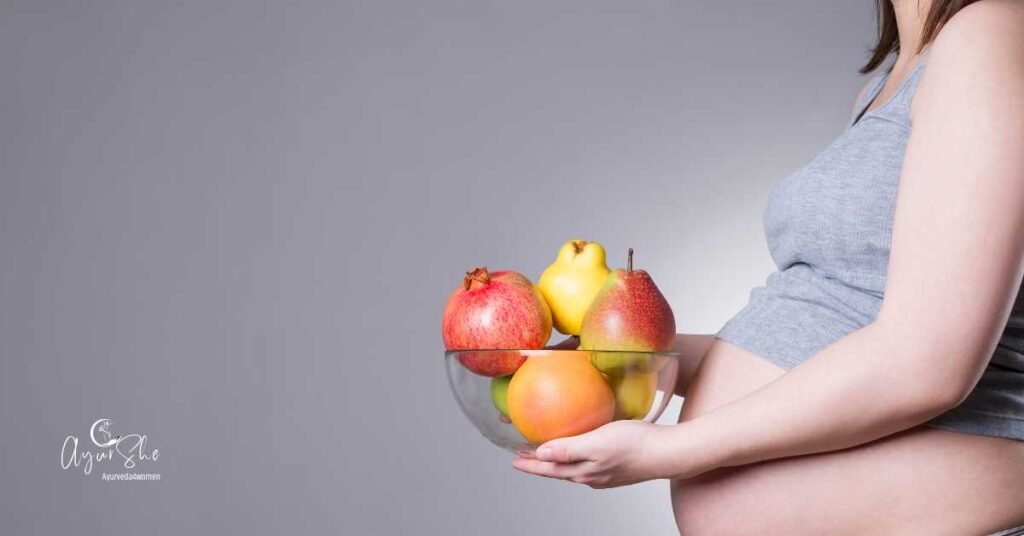Pregnancy is a beautiful and transformative time in a woman’s life. However, it can also be a period filled with stress and anxiety. The physical and emotional changes that occur during pregnancy can sometimes feel overwhelming, leading to increased levels of stress.
Fortunately, there are techniques that can help expectant mothers manage and reduce stress during this important time. One such technique is mindfulness and meditation.
Mindfulness is the practice of being fully present and aware of the present moment. It involves paying attention to thoughts, feelings, and sensations without judgment. Meditation, on the other hand, is a technique that involves focusing the mind on a specific object, thought, or activity to achieve a state of mental clarity and relaxation.
The Benefits of Mindfulness and Meditation During Pregnancy
Practicing mindfulness and meditation during pregnancy can have numerous benefits for both the mother and the baby. Here are some of the ways in which these practices can help reduce stress:
- Reduced Anxiety: Pregnancy can bring about a range of anxieties, from concerns about the health of the baby to worries about the birthing process. Mindfulness and meditation can help calm the mind and reduce anxiety, allowing expectant mothers to navigate these concerns with greater ease.
- Better Sleep: Many pregnant women struggle with sleep disturbances. Mindfulness and meditation can help promote deep relaxation, making it easier to fall asleep and stay asleep throughout the night.
- Improved Emotional Well-being: Hormonal changes during pregnancy can sometimes lead to mood swings and emotional instability. Mindfulness and meditation can help regulate emotions and promote a sense of well-being.
- Enhanced Bonding: Mindfulness and meditation can help expectant mothers connect with their growing baby on a deeper level. By cultivating a sense of presence and awareness, mothers can develop a stronger bond with their unborn child.
How to Practice Mindfulness and Meditation During Pregnancy
Here are some tips to help you incorporate mindfulness and meditation into your pregnancy routine:
- Find a quiet space: Choose a quiet and comfortable space where you can practice without distractions.
- Set aside time: Dedicate a specific time each day for your mindfulness and meditation practice.
- Start small: Begin with just a few minutes of practice and gradually increase the duration as you become more comfortable.
- Focus on your breath: Pay attention to your breath as you inhale and exhale. This can help anchor your mind and bring you into the present moment.
- Use guided meditations: There are many apps and online resources that offer guided meditations specifically designed for pregnancy.
- Practice self-compassion: Be gentle with yourself and remember that mindfulness and meditation are practices. There is no right or wrong way to do it.
Conclusion
Mindfulness and meditation can be powerful tools for reducing stress during pregnancy. By incorporating these practices into your daily routine, you can cultivate a sense of calm and well-being, benefiting both yourself and your baby. Remember, pregnancy is a journey, and it’s important to prioritize self-care and emotional well-being along the way.




